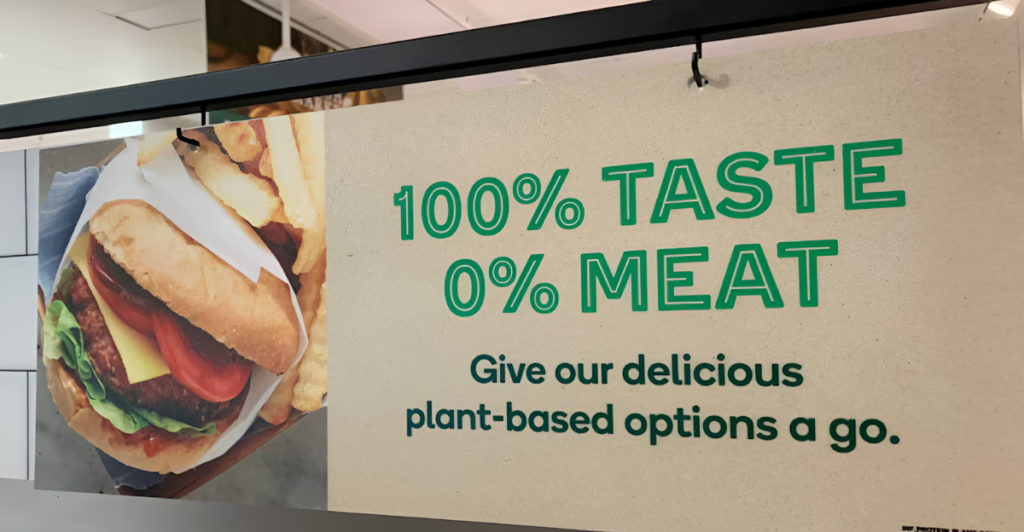
Atlantic Natural Foods LLC, a pioneering plant-based food producer founded in 1890, filed for Chapter 11 bankruptcy protection.
The company, known for its Loma Linda brand and products including Tuno and Kaffree Roma, cited the challenges of the pandemic and changes in the market as it works to restructure.
This move comes after a failed $30 million acquisition deal and indicates broader industry struggles in the plant-based sector.
Historic Roots Meet Modern Challenges
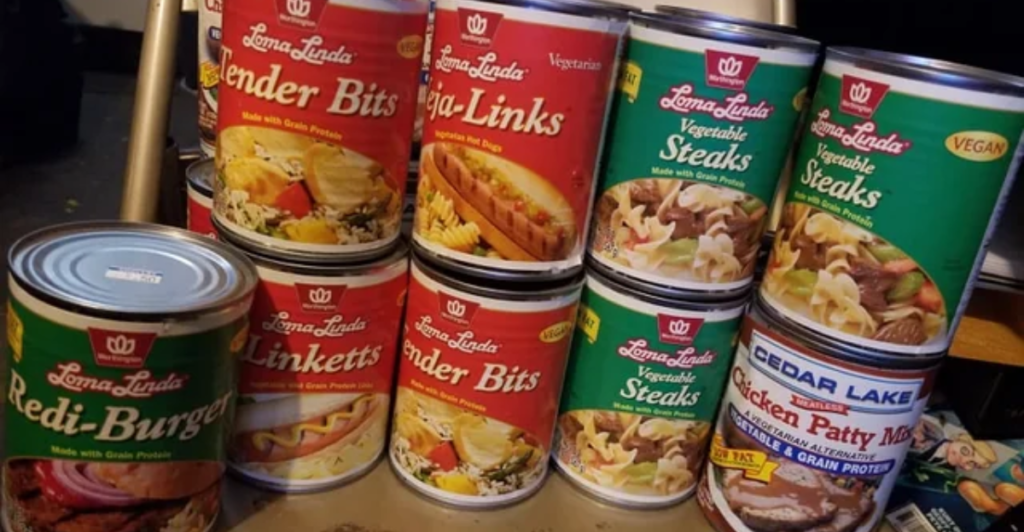
The brainchild of John Harvey Kellogg, Loma Linda became a staple in Adventist communities for its vegetarian meat alternatives.
The company that bought the brand, Atlantic Natural Foods, is now facing financial challenges that many retail food companies are grappling with today: increased production costs, supply chain disruptions, and changing consumer preferences. Despite recent setbacks, the company’s product remains available in 25,000 stores globally.
Bankruptcy Details Emerge
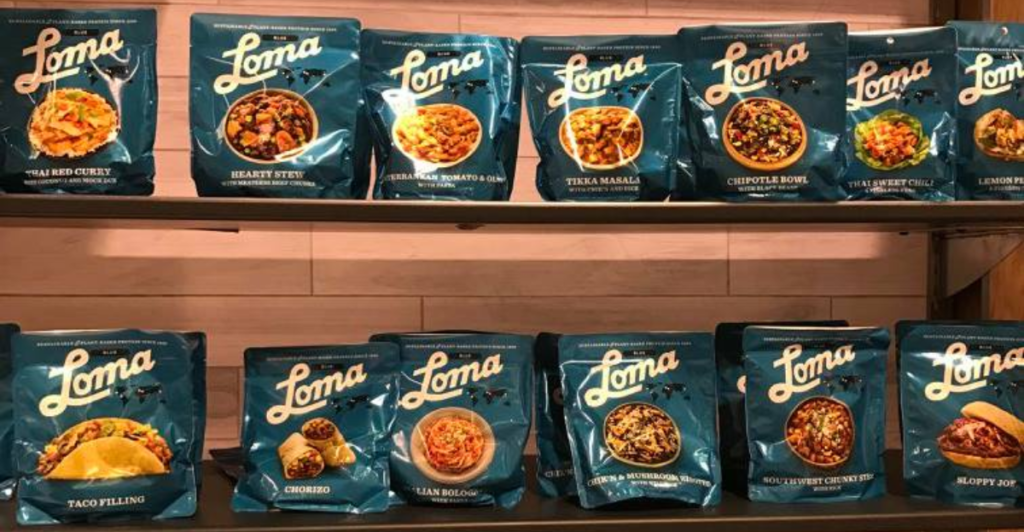
The bankruptcy petition, filed on April 7, 2025, in Louisiana, reveals assets valued between $10 and $50 million against liabilities between $1 and $10 million.
Atlantic Natural Foods retains 100 to 199 creditors and wants to reorganize its business within five months.
The filing emphasizes continuity, with leadership pledging uninterrupted customer service during restructuring.
Failed Merger Accelerates Crisis
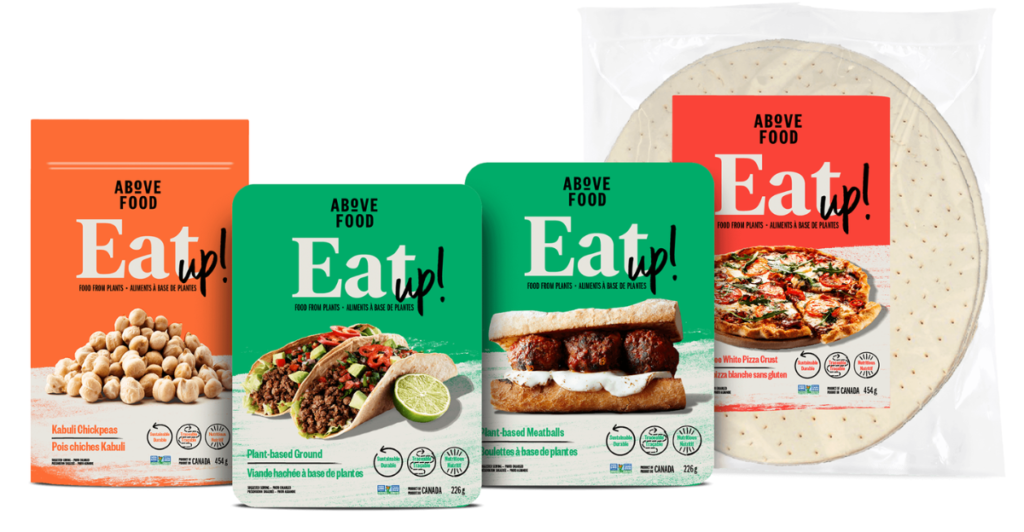
The $30 million acquisition by Canada-based company Above Food, announced in 2021, dissolved in late 2024 because of pandemic aftershocks and inflationary pressures.
The two companies still hold equity positions, but the collapse has left Atlantic Natural Foods without a critical capital infusion.
Industry analysts note similar challenges across plant-based food ventures that depend on external funding.
Retail Realities: Shelf Space Wars
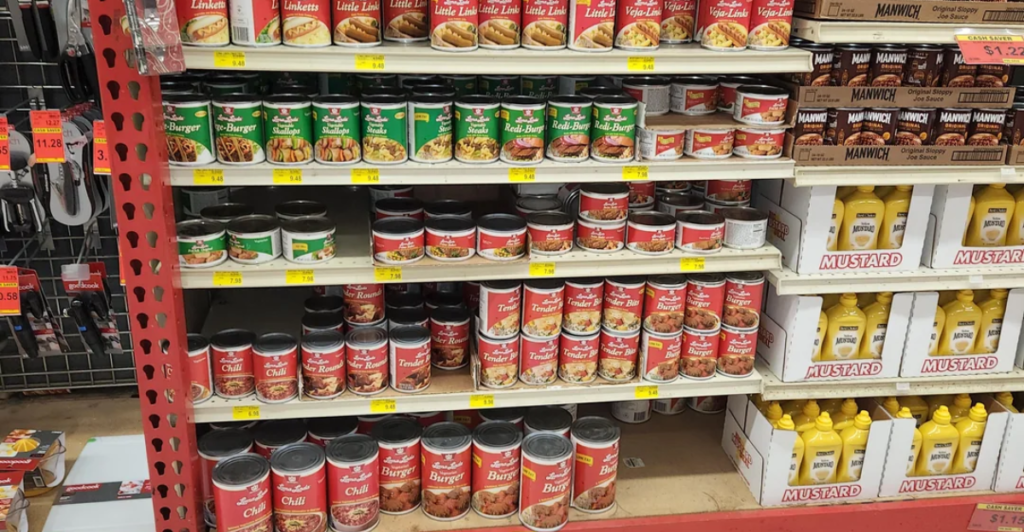
Competition for grocery placements is becoming more heated, as brands like Atlantic Natural Foods vie against rivals at Walmart, Costco, and Aldi.
Marketing budgets are being stretched to cover both physical retail exposure and e-commerce optimization, with Amazon sales becoming increasingly vital for niche food companies.
Industry-Wide Pressures Mount
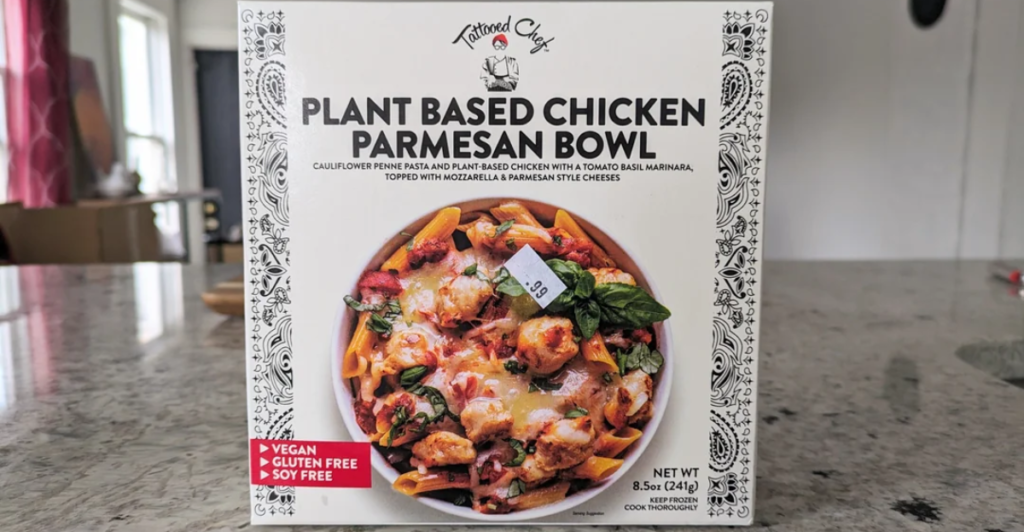
The plant-based industry is under scrutiny for how products are processed and priced. Recent bankruptcies, such as Tattooed Chef’s filing in 2023, underscore sector-specific risks.
Experts caution that companies with sustainable unit economics will feel the pain of tightening investment capital.
Cultural Legacy at Stake
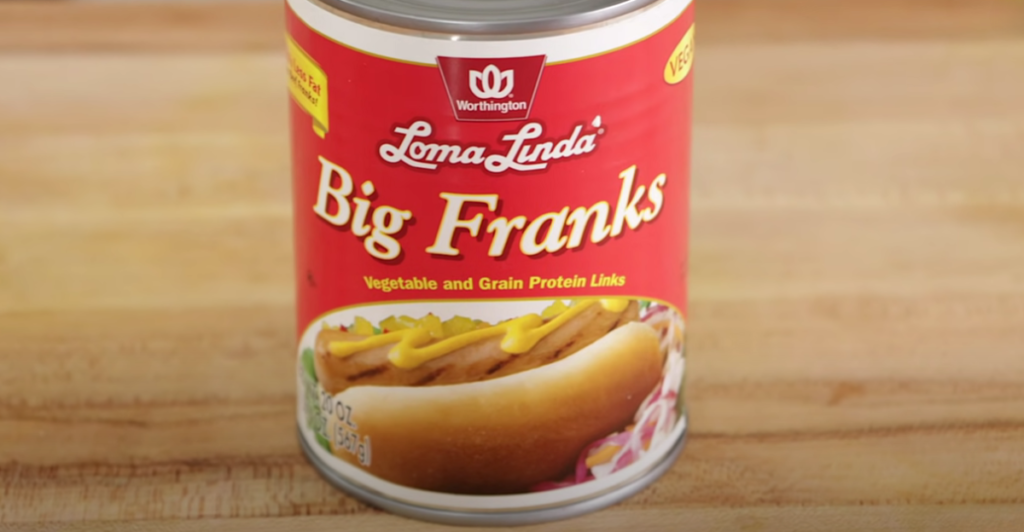
If Loma Linda disappears, so too does a 135-year culinary tradition for Adventists. The brand’s meat alternatives helped generations transition to vegetarianism, embedding itself in religious and cultural practices. Stakeholders fear that bankruptcy could erase a piece of dietary heritage.
Restructuring Strategy Unfolds
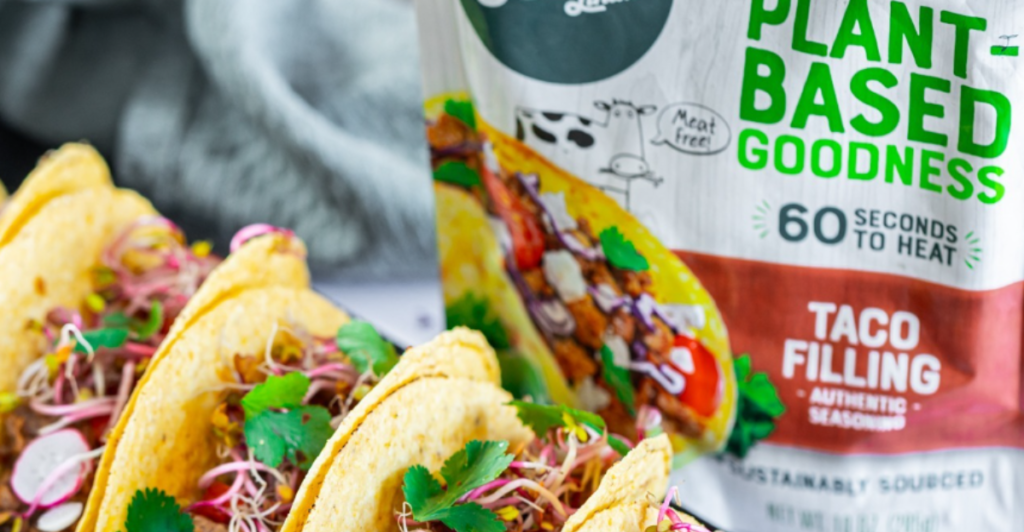
Leadership intends to use traditional production methods and core product lines in the restructuring period. Chairman Doug Hines emphasizes “tried-and-true” approaches to stabilize operations. The company retains shares in Above Food, preserving strategic options for future collaborations.
Consumer Shifts Reshape Market Dynamics

Changing dietary preferences and increased price sensitivities mean that plant-based brands must rethink product strategies.
While Atlantic Natural Foods’ canned Tuna and meat alternatives once capitalized on vegan trends, recent Nielsen data shows slowing growth in plant-based categories as consumers prioritize affordability.
The company now faces the dual challenge of retaining loyal customers while attracting budget-conscious shoppers with promotions and reformulated products.
Industry experts suggest that successful brands must balance premium positioning with accessible price points to survive the current economic climate. This consumer pivot compounds existing pressures from retailers demanding lower wholesale costs.
Broader Implications for Food Start-Ups

Atlantic Natural Foods’ struggles mirror challenges across CPG startups. Rising ingredient costs, consumer skepticism about processed alternatives, and competition from e-commerce create a “perfect storm.” Analysts predict continued consolidation as cash-strapped brands seek mergers or liquidation.
Discover more trending stories and Follow us to keep inspiration flowing to your feed!

Craving more home and lifestyle inspiration? Hit Follow to keep the creativity flowing, and let us know your thoughts in the comments below!
